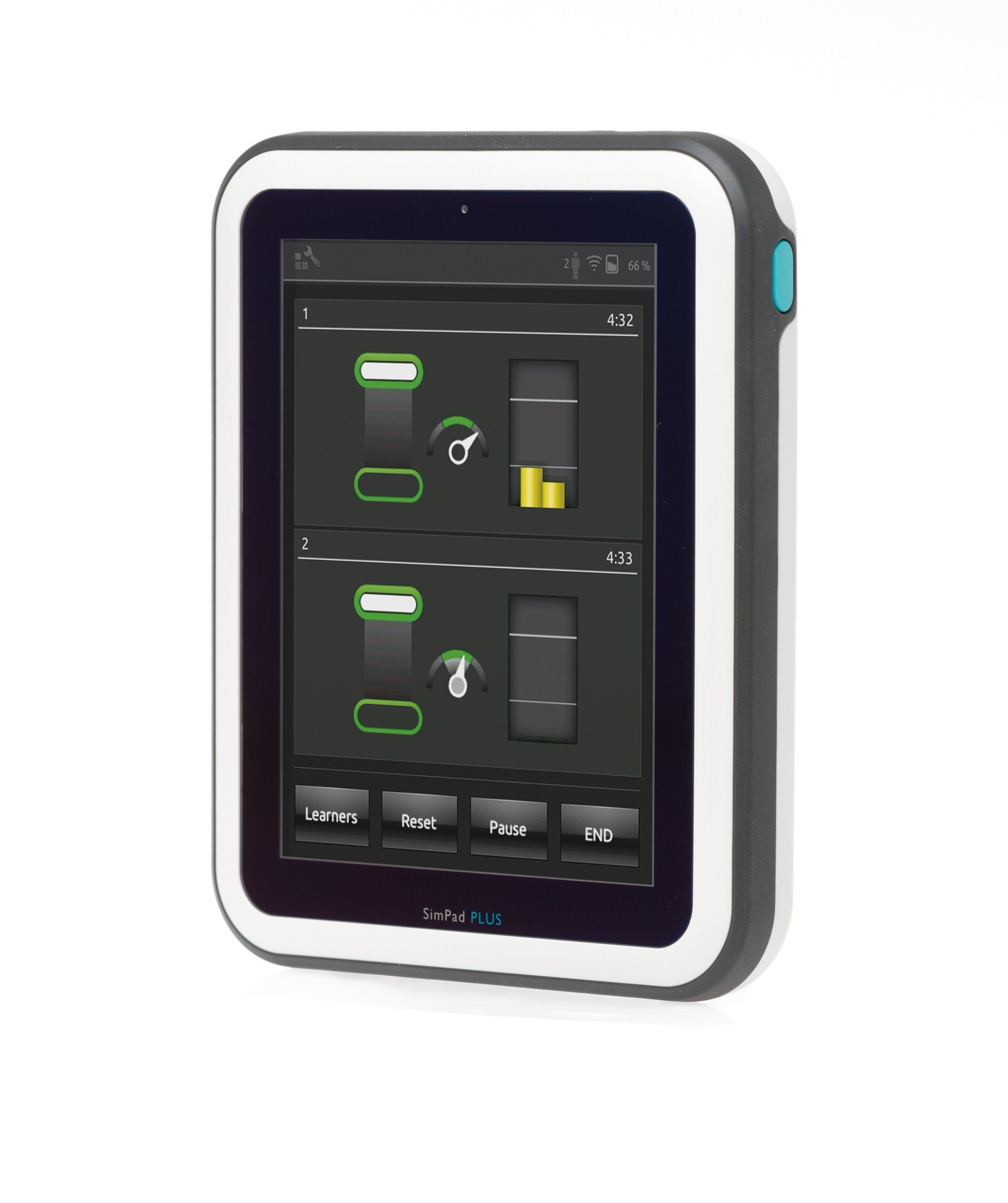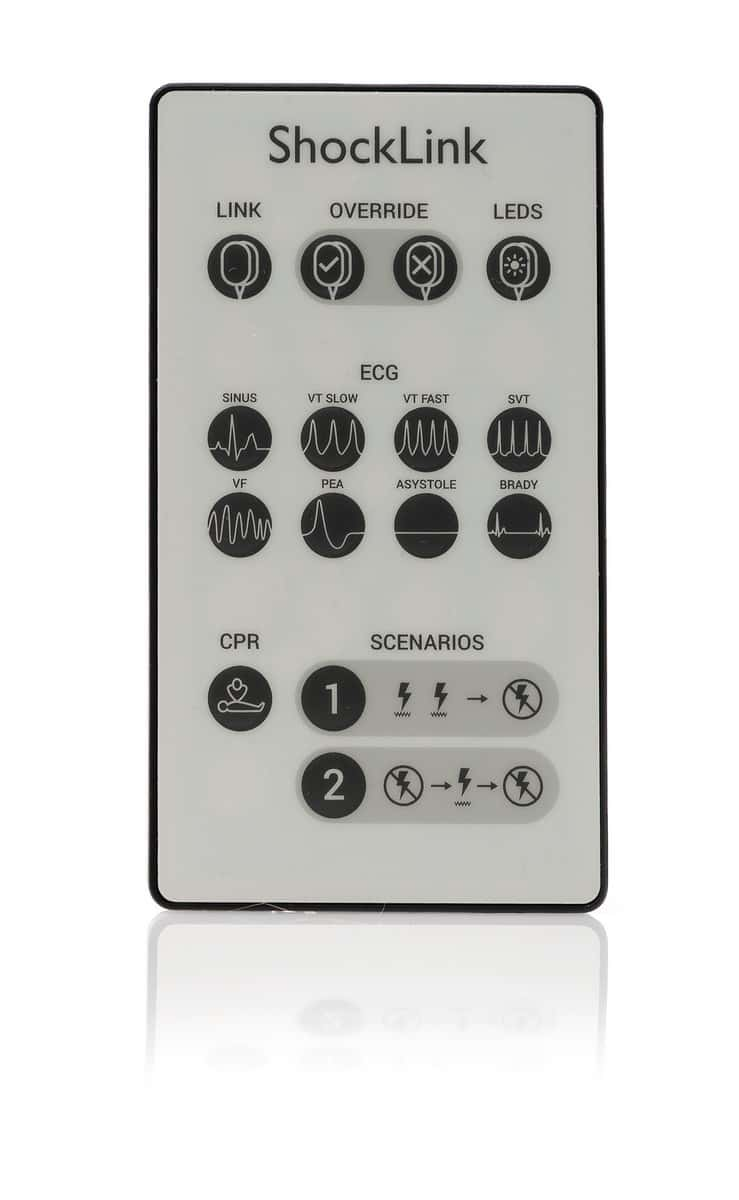Introduction to ShockLink
2:16
ShockLink allows you to connect live defibrillators to training manikins, creating more realistic BLS and defibrillation training.
Connect ShockLink to training pads and a standard defibrillator to begin training. The shock energy from a defibrillator is defused in the ShockLink cable.
This solution means that you can train on most manikins, removing the need for specialised defibrillator training manikins with chest-studs or a load box to absorb the shock.
ShockLink connects most commonly used defibrillators to the majority of current CPR manikins or simulators, providing a comprehensive solution for realistic and standardised training.
During a scenario, different teams can easily train together as you can swap between different defibrillators efficiently.
With ShockLink, you no longer need to purchase a specific training model for your AED or a new CPR manikin, which reduces the cost of implementing live defibrillation training.
When it comes to CPR training, realism counts, and now it’s easier than ever to integrate your Zoll defibrillator into the Laerdal QCPR training environment, enabling you to control rhythms, combine defibrillator actions with QCPR data, get feedback on pad placement, and more.
Here you can find information to help you identify all the Laerdal equipment needed to more realistically train with a Zoll defibrillator, including the Real CPR Help® solution from Zoll, also called the “CPR puck.”
ShockLink can provide users with various levels of training capabilities, depending on the controller and manikin setup.
To simply prompt changes to the simulated heart rhythm to be displayed on the defibrillator/AED, you can use the ShockLink remote control (no pediatric rhythms) or the ShockLink app (pediatric rhythms included.)
Combining an AED Skin/LINK Technology manikin with a professional-grade QCPR feedback controller provides a fully integrated experience. In this setup, rhythms will automatically be sent to the defibrillator/AED when pads are placed correctly, shock information is included in QCPR feedback (real-time and post-event), and rhythms can be selected with the controller: TeamReporter or SimPad PLUS with SkillReporter.
For more advanced capabilities using more advanced simulators with LINK Technology/AED Skins, ShockLink can also be controlled with LLEAP software on SimPad PLUS.
Rhythms included with ShockLink:
Training and heart rhythms controlled using one of the following:


ShockLink Remote

Early defibrillation, within the first 5 minutes, is a key step in the Chain of Survival. With easier and more efficient training solutions more laypeople could be equipped to function as first responders in the community.
Research in Sweden has shown that improved outcomes in out of hospital cardiac arrest survival rates was due to an improvement in training in all steps of the Chain of Survival (European Heart Journal, September 2014). ShockLink could help facilitate this.
